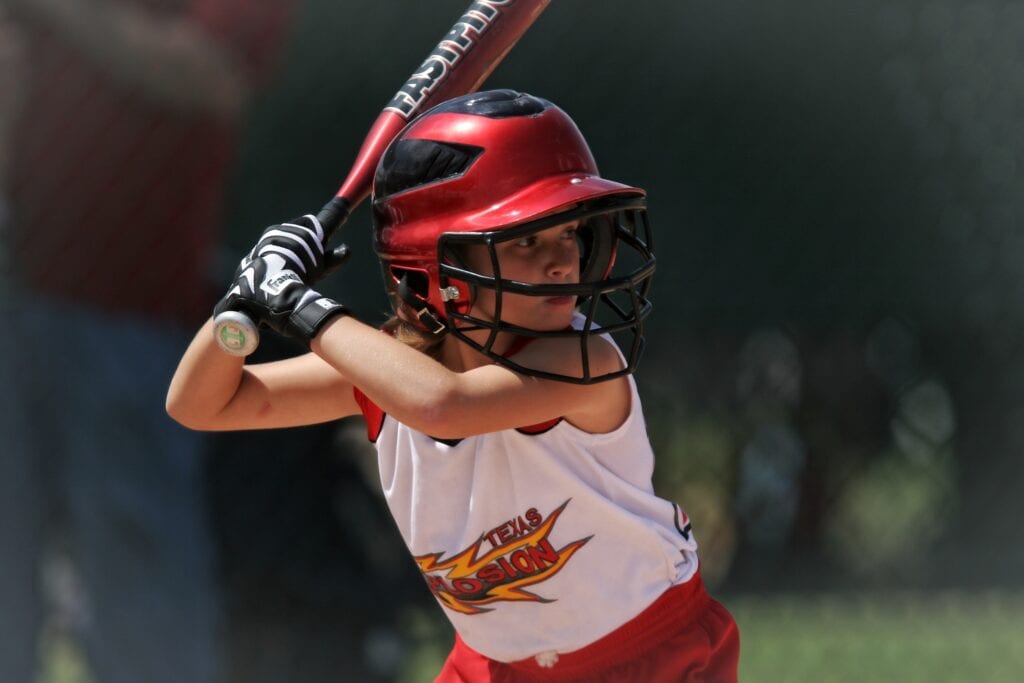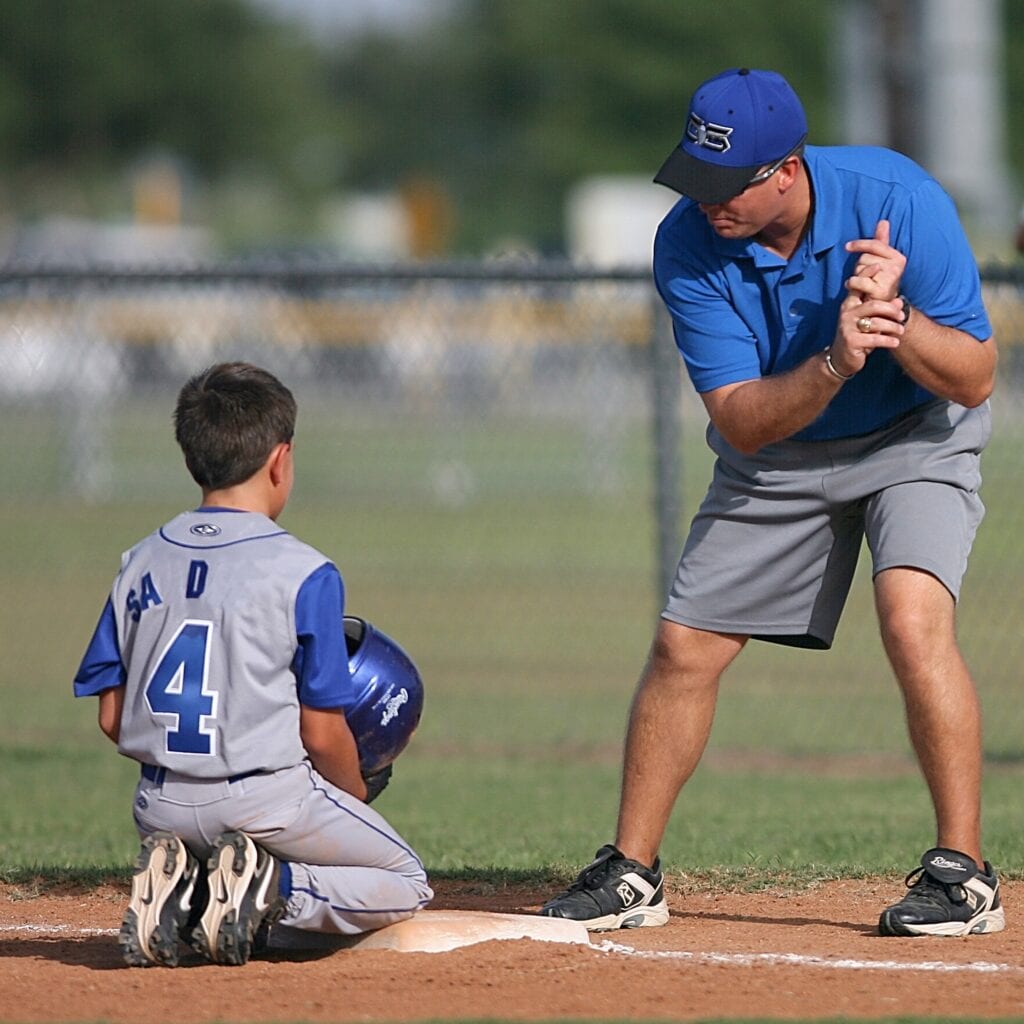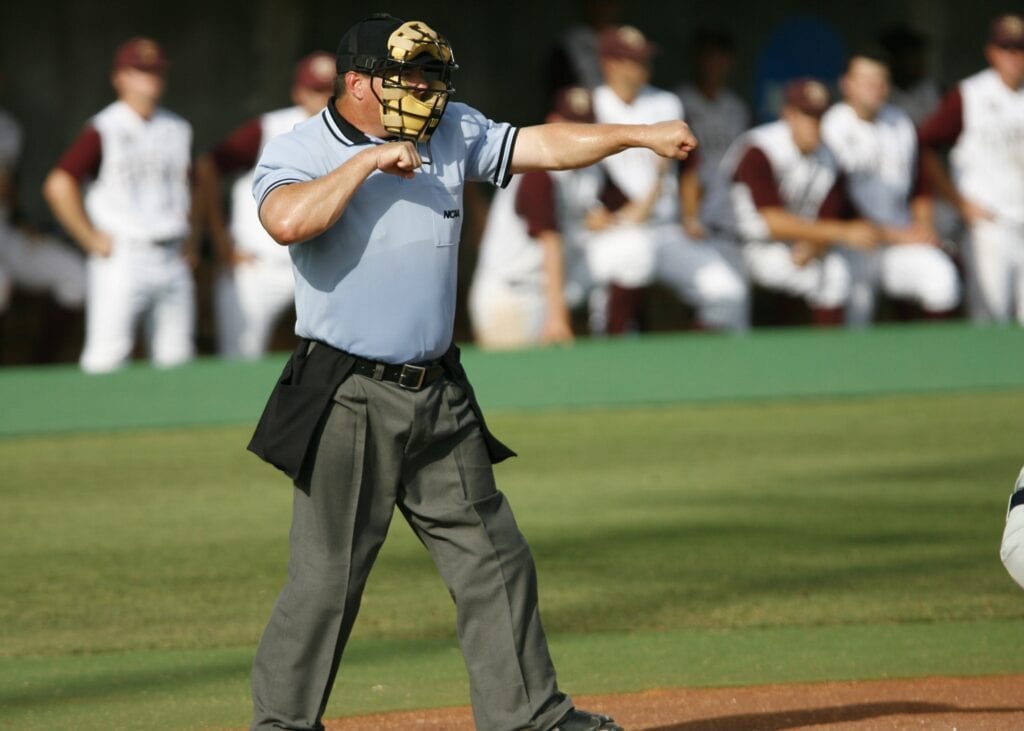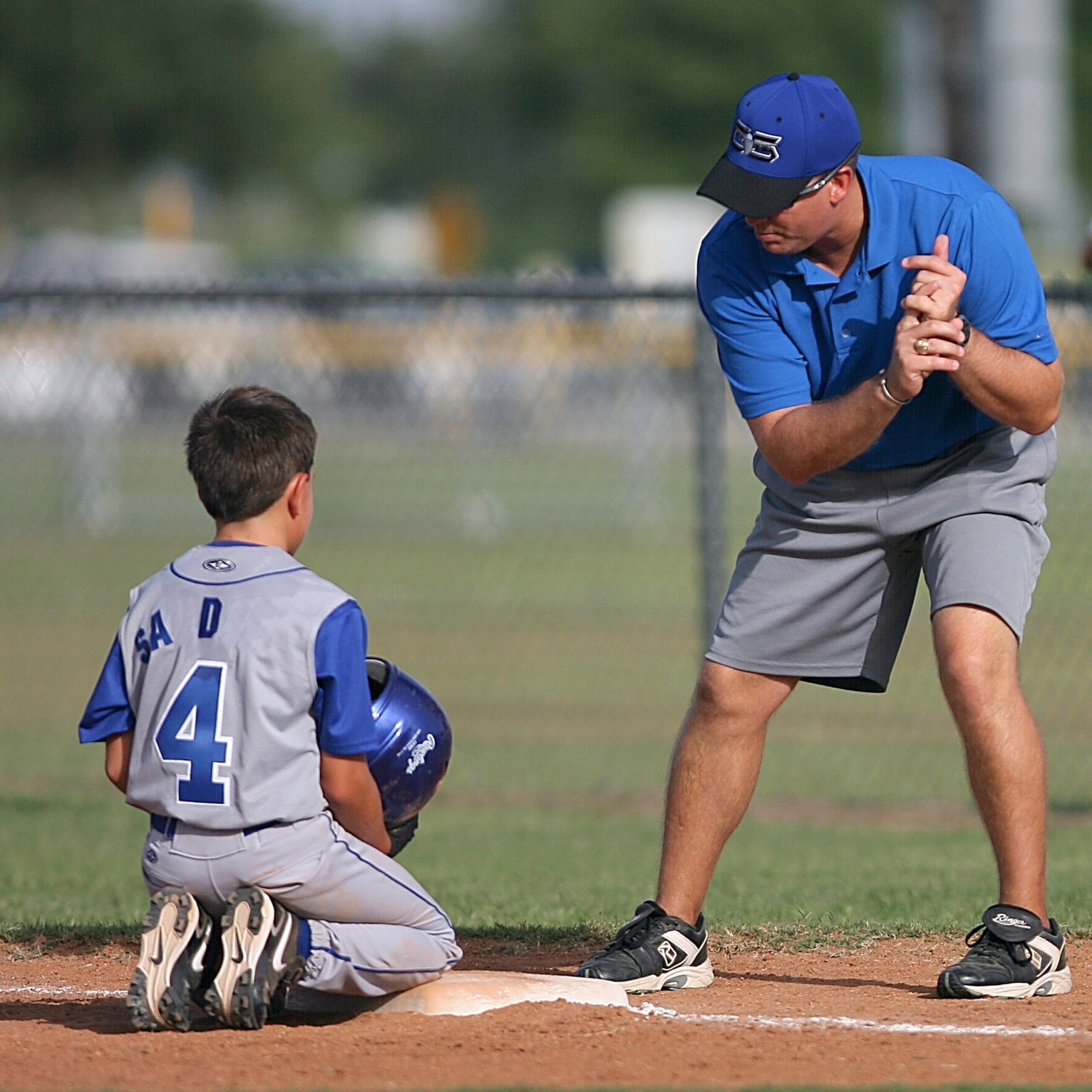
Coaching Youth Sports is an awesome privilege and responsibility. However, as with most things in life, expectations and reality don’t always meet eye-to-eye!
If you’re new to coaching Little League and Youth Sports, you might think it’ll be super easy. What you might not realize, however, is there’s a learning curve to coaching Little League – the same way there’s one to playing it!
For this reason, we put together a short guide with 6 things every Little League coach needs to know. Whether you’re new to coaching Little League or you’re a veteran returning after a hiatus, these 6 truths will help you balance out the disparity between some possible expectations and reality.
1. Little League Players Are Children Still Learning the Game

The world is quick to point fingers at parents who have unrealistic expectations for their children. But we sometimes forget coaches can fall into the same trap!
It’s all too easy to forget our players are children and they’re playing a game they’re still busy learning.
Think of Little League as having 3 stages based on your players’ age groups:
- The Romantic Stage (5 to 8) is when the most important part of coaching is helping your players fall in love with the game, not master it
- The Technical Stage (generally from 8 to 10) is when players will begin showing their particular skill sets. As a coach, it’s your responsibility to recognize individual skill sets and help foster them, while still keeping the game fun so lesser-skilled players still feel involved
- The Mature Stage (anytime from age 10 and older) is when players become self-motivated to improve and coaches need to harness their competitive nature in a healthy way
Something else to remember is Little League players in the Romantic and Technical stages don’t necessarily need to limber up with jogging exercises at the beginning of your practice session. They’re still at a stage in their lives where their energy comes in bursts – so help them focus it on playing rather than wasting it on running laps!
2. Mistakes Are an Opportunity to Learn, Not a Reason to Punish
It’s very easy to get caught up in the fact baseball is a competitive sport. As humans, it’s only natural for us to want to be the best! And that can have the very positive effect of motivating us to do better.
However, there’s a dark side to competitiveness too. It can lead us to handle mistakes poorly.
Building on from the first point, as a Little League coach, you need to remember your players are still children. They’re still learning the game.
Mistakes are inevitable. How you react to those mistakes will make or break your players as individuals and as a team.
If your immediate reaction is to punish your players, then you’re missing out on an opportunity to help them improve. Even worse, you’re stripping away the fun of the game for your players and pushing unrealistic expectations of perfection onto them.
Instead, spend a couple of moments helping your player learn the right way to do things.
And remember – it’s going to take time for lessons to truly sink in. Use mistakes as an opportunity to practice patience and kindness, and your players will be more likely to avoid repeating the same mistakes in the future!
3. Yelling Raises Blood Pressure, Lowers Morale, and Makes Players Less Likely to Learn

Take a moment to think how you feel when you make a mistake at work and your boss (or manager) yells at you.
Do you feel motivated to do better? Or do you feel like giving up?
Chances are you’re more likely to feel demotivated – even if it’s not quite as drastic as wanting to give up entirely. And that’s with one adult yelling at another.
Now think about how your Little League players feel when you yell at them.
Too often, we see coaches on TV acting like an army’s drill sergeant; thinking that’s what they’re supposed to be like as Little League coaches. They might even come up with excuses for reacting so poorly when their players make mistakes, saying it’s just tough love and helps build character.
Unfortunately, the opposite is true. It breaks players down, dampens their spirits, and takes all the fun out of Little League. They’re left feeling demotivated and uninterested. Some of them might even quit.
Sure, some might respond well – but they’re a rare exception, not the norm.
The bottom line is, while some kids need tough love to reach their potential, encouraging them and having them repeat drills is the solution – not yelling at them.
4. Your Players’ Attitudes Are a Reflection of Your Own
Parents often tell kids “do as I say, not as I do” and think that’s actually what happens. As a Little League coach, you might fall into the same trap.
The truth is young children learn more by watching than by hearing. They pick up behavioral lessons much quicker based on how they see others behaving, rather than how they’re told to behave.
It isn’t always very obvious either. These things can surface in seemingly random ways.
For example, if you’re yelling at your players when they make mistakes, you might find some of them take to teasing each other for those same mistakes. And that might escalate to bullying over time.
But remember some competitiveness among team players can be a good thing.
Iron sharpens iron and healthy competitiveness helps kids self-motivate when it comes to improving their skills.
Just keep an eye on any teasing going on. It could be friendly and you don’t want to stop the kids from having fun together, but don’t be afraid to talk to the teased kid in private and check how it makes them feel.
5. Umpires Are Human Too – They’re Also Going to Make Mistakes

As a coach, you have a vested interest in the game’s outcome. You want your team to do well and win, but if they lose, you want them to lose fairly.
Umpires, on the other hand, need to focus on getting things right.
Your vested interest can – and certainly will – lead you to disagree with an umpire’s ruling from time to time. And that’s okay. It’s only human.
How you react, on the other hand, is entirely up to you.
You can throw a fit, taking the focus away from the kids and inadvertently teaching your young, impressionable players that the umpire is their enemy and the only way to deal with them is to cause a scene.
Or you can turn it into another opportunity to teach your players how to handle tricky situations with dignity and respect.
Umpires are generally expected to arrive at the game early. Take advantage of this by using it as an opportunity to approach them before the game even starts. Thank them for being there to umpire your game and establish you want to keep the focus on the kids and their experience.
Then ask them how they would prefer you to approach them with a question if you disagree with a call they’ve made. 100% of the time, they’ll give a reasonable suggestion that works in everyone’s favor.
Expect to wait until between innings so you don’t interrupt play. Don’t fight it – use the extra time to take advantage of the teachable moment with your players and calm yourself down so you can approach the umpire calmly and with respect!
Conclusion
At the end of the day, remember the most important thing in coaching little league is for your players to have fun. As Jim Leyland wrote in a personal letter to all Tigers players in 2006, after he was made manager:
“I demand a lot from my players yet I want my players totally relaxed and having fun. This is not life and death, but simply a competitive sport.”
Don’t walk in expecting to win every game. Instead, expect to help your Little League players have fun while learning and playing!


Recent Comments